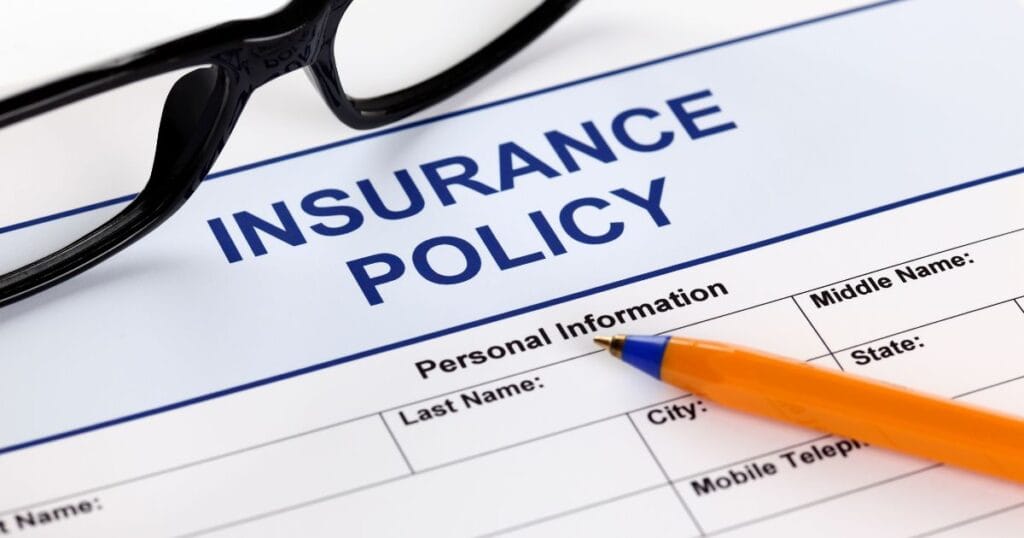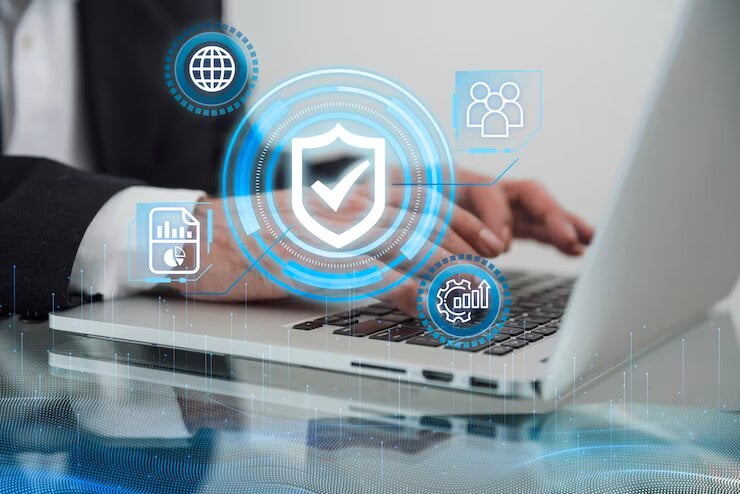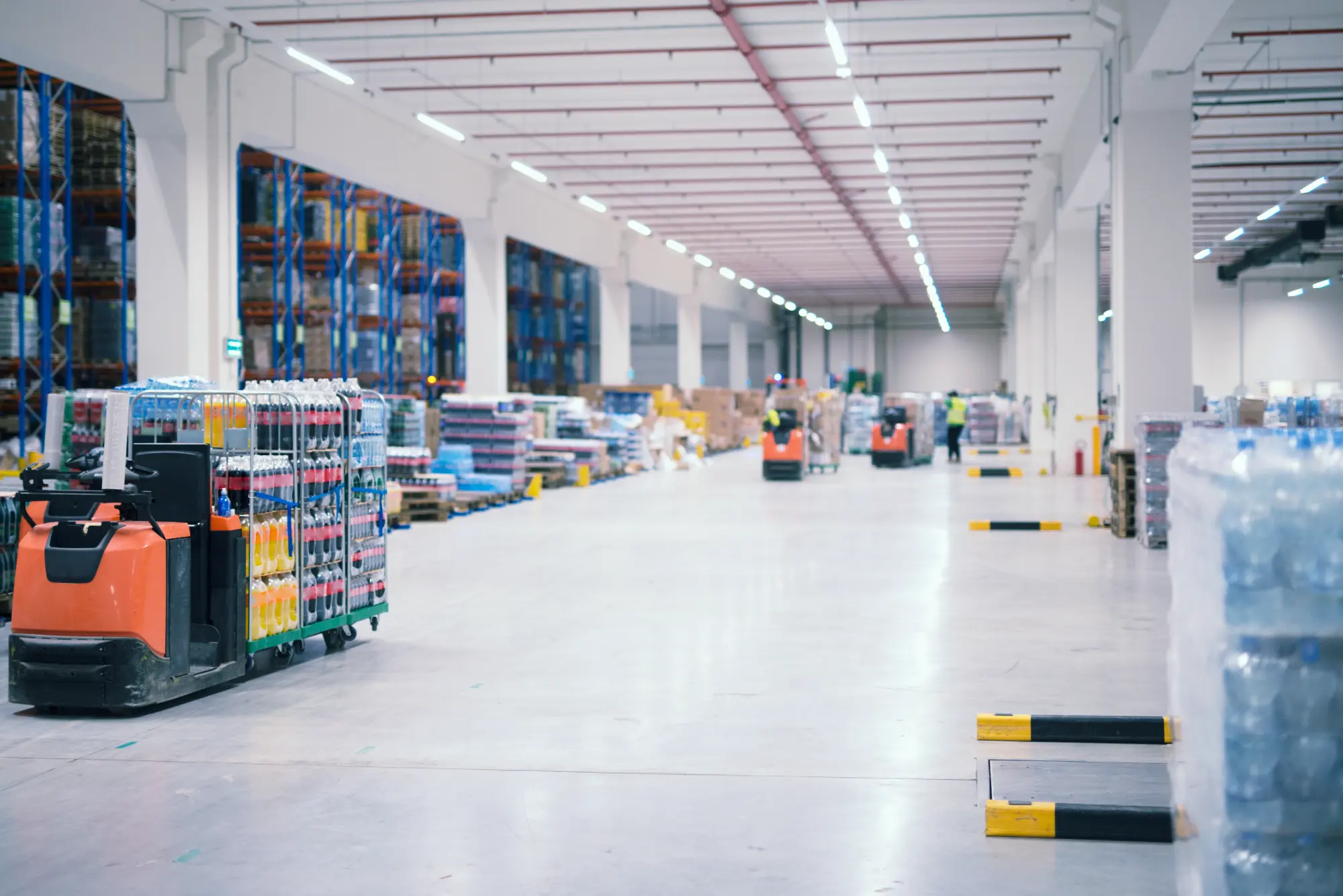Insuring Business Equipment: What You Need to Know
Table of Contents
Toggle

Running a business can feel like juggling multiple things at once- keeping clients happy, managing employees, and ensuring the day-to-day operations run smoothly. But amidst the whirlwind of activity, there’s one crucial aspect you might overlook: protecting your business equipment. Imagine this: what would happen if your computers crashed, or your machinery suddenly broke down? For many businesses, this could mean downtime, lost revenue, and major headaches.
So, how do you protect yourself from these unexpected disasters? That’s why insuring your business equipment is extremely important. Let’s break it down together!
Why Insuring Business Equipment Matters?
First things first- what exactly do we mean by “business equipment”? This includes everything from your laptops and smartphones to machinery, tools, and even office furniture. In short, it’s anything that helps your business function.
Now, think about how heavily you rely on these items. If any of them were damaged, lost, or stolen, the consequences could be significant. Insurance for your business equipment isn’t just another box to check; it’s an essential layer of protection to keep things running smoothly.
Picture This Scenario:
You run a small graphic design company. One morning, you walk into your office, only to find that a power surge overnight has fried your computers. Your entire team is left without the tools they need to work. Without insurance, you’re looking at lakhs of rupees in replacement costs. But with the right coverage? Your insurance policy could step in to save the day, covering repair or replacement costs.
Types of Coverage to Consider
Not all business equipment insurance is created equal, and understanding what kind of coverage you need is key. Here are the basics:
Property Insurance
Most business owners start here. Property insurance typically covers your equipment if it’s damaged by fire, theft, or vandalism. If your office catches fire, for instance, property insurance could help cover the cost of replacing your equipment. However, it might not cover everything, which brings us to the next point.
Inland Marine Insurance
Despite the name, this insurance has nothing to do with boats or ships! Inland marine insurance covers your equipment while it’s in transit. So, if you frequently ship your equipment to different locations or work off-site, this can be a game-changer. Think about photographers or construction companies, if their gear is damaged or stolen while traveling, inland marine insurance ensures they’re not left high and dry.
Equipment Breakdown Insurance
Sometimes, things just wear out. Equipment breakdown insurance covers you when your equipment breaks down due to mechanical issues or electrical failure, not just accidents or natural disasters. This is particularly helpful for businesses that rely on specialized machinery or technology, like restaurants, manufacturing plants, or even tech startups.
Business Interruption Insurance
Business interruption insurance is often bundled with property insurance, and it covers the loss of income if your business has to shut down due to equipment damage. Think of it as a safety net, ensuring your cash flow doesn’t dry up while you get back on your feet.
What to Look for When Choosing a Policy?
So, you’re ready to insure your business equipment- what’s next? Before signing on the dotted line, here are a few things to consider:
Understand the Value of Your Equipment
Do a quick audit of your business equipment and calculate how much it would cost to replace everything. This will give you an idea of how much coverage you need. Don’t forget to account for both large and small items as small tools can also add up to a high cost for your business.
Deductibles and Premiums
The deductible is the amount you’ll need to pay out of pocket before your insurance kicks in. A higher deductible usually means lower premiums, but it also means you’ll have to shell out more if something goes wrong. Find a balance that works for your budget.
Coverage Limits
Some policies have limits on how much they’ll pay out for specific items. If you rely on high-end or specialized equipment, make sure your policy covers the full cost of replacement.
What’s Not Covered?
Read the fine print! Some policies might not cover certain types of damage, like flooding or earthquakes, unless you add additional coverage. Knowing what’s excluded helps you avoid unpleasant surprises down the line.
When to File a Claim (And When Not To)?
Here’s a tip: not every equipment malfunction or issue requires filing a claim. If the cost of repair or replacement is lower than your deductible, you’re better off handling it out of pocket. Filing small claims can sometimes lead to higher premiums in the future, so save your insurance for the bigger mishaps.
Final Thoughts
Insuring your business equipment is one of those things that might not seem urgent, until it is. It’s an investment in peace of mind, helping ensure that even if the unexpected happens, your business can keep moving forward without major financial setbacks.
So, take a few minutes to review your equipment, explore your options, and find the coverage that fits your needs. Your future self and your business will thank you!






